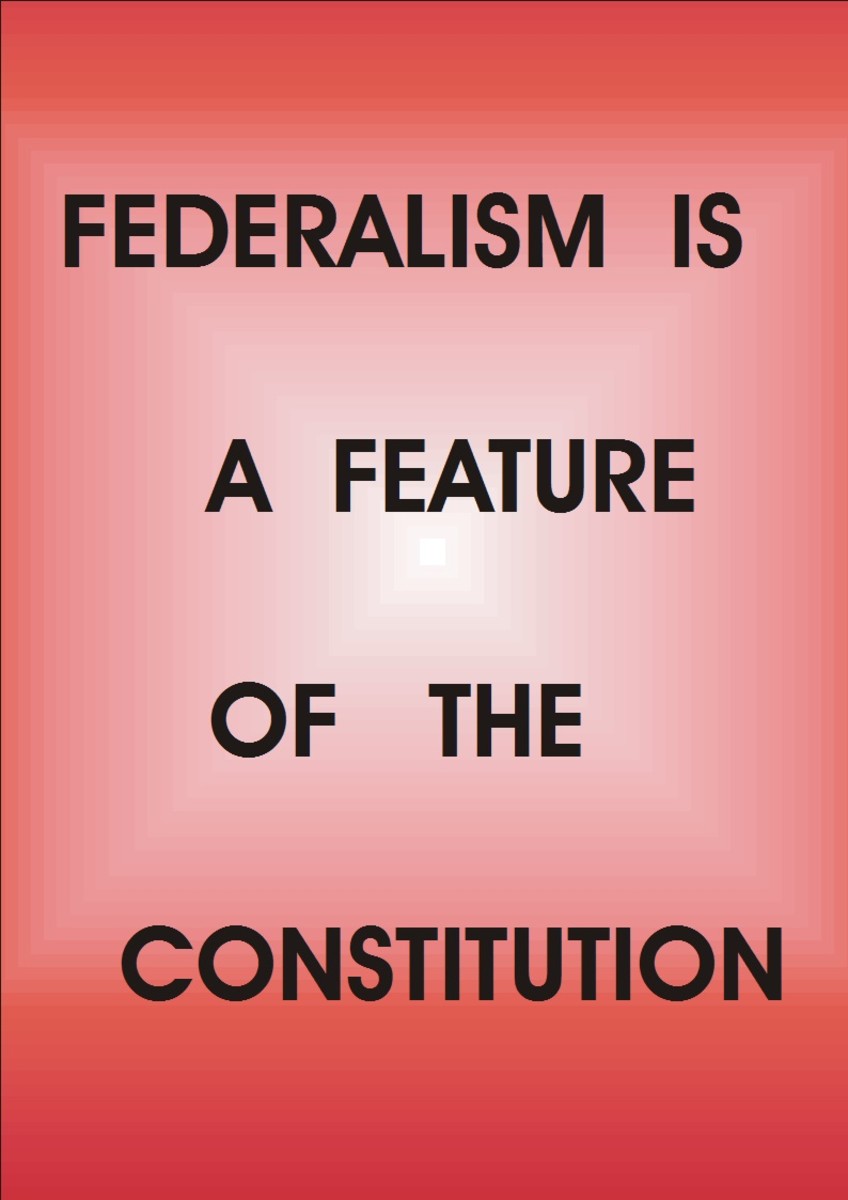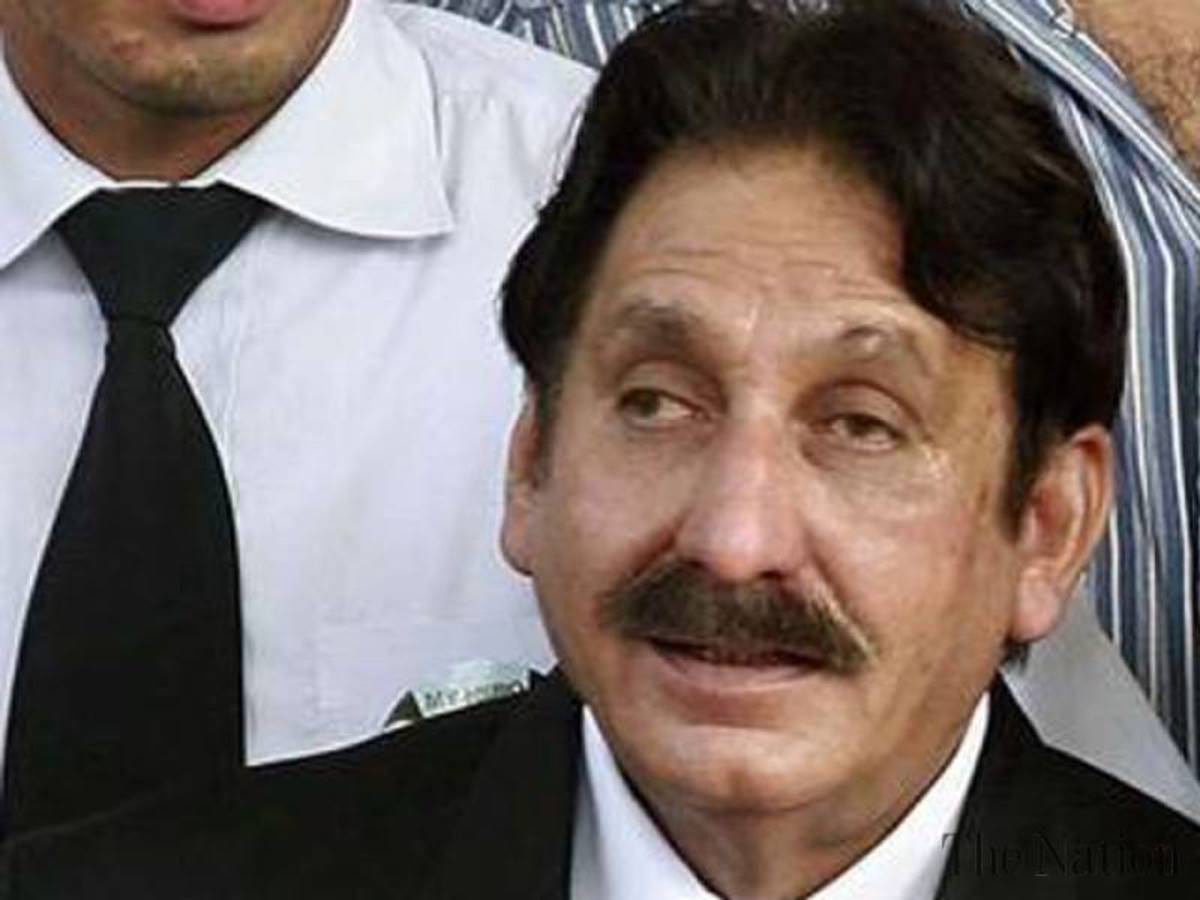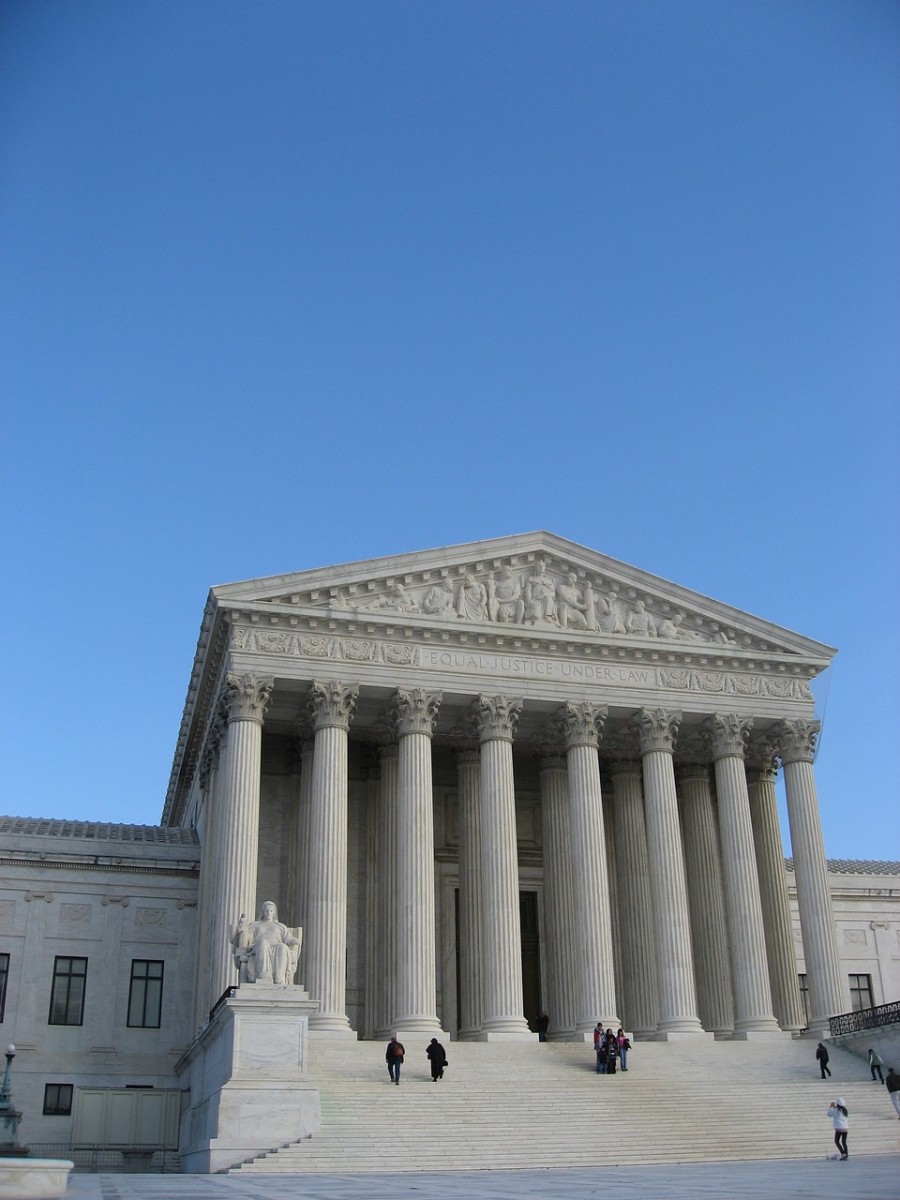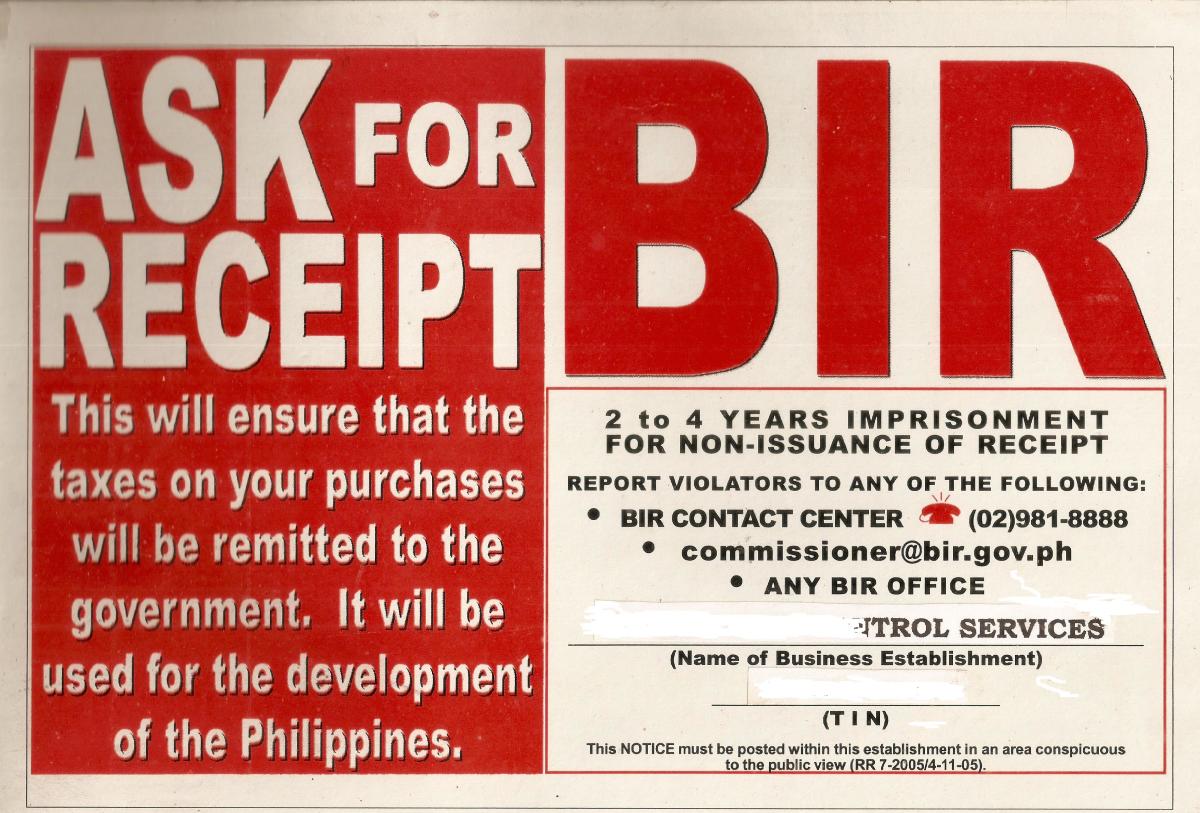Retrogressive for the Philippines: Power of Constitutional Review by the Supreme Court
Sec. Florencio Abad of Department of Budget and Management explains DAP during a Senate hearing. (Photo by Manila Bulletin. July 25,2014)

Could the will of the people, according to their representatives and president, be unconstitutional?
That constitutionality review by the Supreme Court (SC) is executory -- is not necessary.
Let us clarify several matters on this statement.
First, the Philippines is a republic with three branches of government: executive, legislative and judiciary. The president occupies the executive, Congress occupies the legislative and the SC occupies the judiciary.
In theory, the three a co-equal to ensure check and balances. Congress makes laws; the president implements the laws; the SC sees to it that the policies and actions of the president and Congress are constitutional and legal. Constitutional means that policy and action fall within any provision of the constitution. Legal means that policy and action fall within statutes and common laws. Statute is a law passed by Congress and signed into law by the president. In terms of hierarchy, a constitutional provision has more weight than a statute or common law because a constitutional provision supersedes a statute or common law. A common law is a ruling issued by the SC or lower courts (district trial court, Ombudsman, Sandiganbayan, Court of Appeals).
The case
The case at hand is the Disbursement Acceleration Program (DAP) that is being implemented by the president. Under DAP are funds consisting of 10 billions of pesos so far. These are savings, in the words of the office of the president, from the allocations of the presidency. Under the president are offices like departments (Department of Science and Technology, Department of Health, Department of Education and more), authorities (National Food Authority, National Irrigation Authority, Philippine Coconut Authority), and lower units (Philippine Charity and Sweepstakes Office, PAGCOR and more).
The national budget is a law enacted by Congress and signed by the president consisting of allocations for the government (presidency, Congress, SC) for a calendar year, starting from January and ending in December. Suppose the budget of the Science department were 10 billion pesos and it had programmed for the year only 8 billion pesos by October, it has a savings of 2 billion pesos, the president says. Other departments, authorities and smaller units can have a similar situation. These savings are pooled and realigned by the president. That is, the savings no longer belongs to the department where it was originally allocated.(“Savings” is being used in the singular and plural sense). If one department is deficient in budget, the president can allocate for it an additional budget out of savings. If Congress has insufficient funds, it can be allocated additional budget from the savings. Similarly, if the SC has insufficient funds, it can be allocated supplemental budget.
This is how the DAP operates, according to Florencio Abad, secretary of the Department of Budget and Management, in a television interview yesterday (July 24,2014). He said that the national budget has a provision that empowers the president to do the same.
If the savings were withdrawn at the end of December, it would be more likely that it would revert to the National Treasury. It could no longer be spent for the current year. Reasons are that there is no more time left to implement a new project or the momentum of an ongoing project would have petered out. In the Philippines, December is full of vacations or holidays: December 25 (Christmas day), December 30 (death anniversary of national hero Jose Rizal, a non-working holiday); December 31 (prelude to new year). December 26 to 29 are full of Christmas celebrations.
If savings were allocated even if not spent for the current year, it can be retrieved the following year for use in the project it had been allocated for.
Petition of unconstitutionality
Came a case filed with the SC contesting the constitutionality of DAP. The SC ruling, in one media report, follows:
“DAP unconstitutional.
“SC, voting 13-0, strikes down several acts under the program.
“The Supreme Court (SC) yesterday declared unconstitutional the act by the executive branch in implementing the controversial Disbursement Acceleration Program (DAP) and related issuances” (Postrad, L, D. DAP Unconstitutional. Manila Bulletin. July 2.2014). More details follow:
“a. The withdrawal of unobligated allotment from implementing agencies and the declaration of the withdrawn unobligated allotments and unreleased appropriations as savings prior to the end of the fiscal year and without complying with the statutory definition of savings contained in the General Appropriations Acts.
“b. The cross border transfers of savings of the Executive to augment the appropriations of other offices outside the executive.
“c. The funding of projects, activities and programs that were not covered by any appropriations in the General Appropriations Acts.” (same source as above).
Other acts and policies under DAP are constitutional. We will not mention them here because we will focus on constitutionality.
Response of the president
Pres. Benigno Simeon C. Aguino III said last week there is a provision of the General Appropriations Act or National Budget that authorizes such policies and acts under DAP.
The President contends that the SC failed to consider the provision in the National Budget.
“He said the high court seemed to have snubbed a provision in the Administrative Code of 1987, which gives the Executive the authority to use savings in appropriations to cover deficits.
“Section 39 of Book IV, Chapter 5 of the Administrative Code provides that, “any savings in the regular appropriations authorized in the General Appropriations Act for programs and projects of any department, office or agency, may, with the approval of the President, be used to cover a deficit in any other item of the regular appropriations.” (Pedrasa, I. PNoy defends DAP, slams SC. ABS-CBNnews.com. Internet July 25,2014)
It should be added that a supplemental budget is given to an office that requests for it, and if the President sees the need for it. For example, the devastation wrought by typhoon Yolanda, the strongest in world history, could not have been anticipated. Some items in the regular budget of the Department of Interior and Local Government could cover costs of ordinary rescue and rehabilitation. However, the current budget of DILG may not suffice. Savings from other departments can be reallocated to address Yolanda’s damage.
Let us grant that Pres. Aquino III is correct in saying that the SC failed to consider the Administrative Code of 1987.
Accountability
Some sectors are saying that Sec. Abad should be made accountable. Others say that Pres. Aquino III is accountable and should be impeached.
Pres. Aquino III said the Presidency will file a motion of reconsideration with the SC, saying”
“I cannot accept that doing right for the people is wrong.”
So far even the SC is saying that its ruling does not specify the culpability of the perpetrators of DAP, meaning Sec. Abad and Pres. Aquino III. That is, some DAP policies and acts are unconstitutional but it is not saying that Sec. Abad and Pres. Aguino III are culpable. Or any perpetrator is culpable.
Making a law instead of interpreting it
The Administrative Code of 1987 is considered as a statute. It is not a constitutional provision. Being a statute, it is an enactment by Congress and signed into law by the President. In short, it is a law by the people having been enacted by their representatives in Congress and signed into law by the President who was voted by all those who cast their vote in the last presidential election. Of course, by the majority vote.
We are assuming the presence of Administrative Code of 1987 and that it has not yet been abrogated. It is still in force.
Suppose the SC will pronounce it as unconstitutional?
In that case, the SC will be legislating. That is, it will be making a law, more specifically, abrogating a statute.
That brings us to the power of the Supreme Court to review the constitutionality of statutes and its ruling on such constitutional review being executory.
For example, the SC has ruled that the PDAF (Priority Development Assistance Fund) is unconstitutional. So PDAF is stopped and releases of funds are stopped. Moreover, those involved in PDAF scams are charged in court for plunder and are being investigated.
So far such SC ruling is not being contested. It is accepted by Congress, President and the people. The main reason is that scams have been incurred in PDAF.
However, the people who have been benefited by DAP may not agree with the SC that Administrative Code 1987 is unconstitutional.
SC opinion on constitutionality should not be executory
The question is: given a statute enacted by Congress and signed into law by the president. And given that no scams or graft and corruption has been involved in the implementation of such a statute.
Can the Supreme Court declare such a statute unconstitutional?
In the case of DAP, SC may retain its present ruling of "unconstitutional" as promulgated with a vote of 13-0 by the 15 justices. A kind of intervention like divine providence, or conscience, or piece of advice from Lunar Cafe may reverse the ruling once an appeal is filed.
My answer is yes, the SC may rule a statute unconstitutional. But the opinion of the SC should not be executory.
That is, the opinion of the SC is a guide in constitutionality of a statute so that next time Congress and the President will not commit the same mistake of making a similar statute.
The main considerations are that members of Congress have been voted upon by the people. Each of the over 280 representatives is voted by district; each of 24 senators is voted nationwide. The president is voted upon by majority of the voters representing the people. The justices of the Supreme Court are not voted upon by the people. They are appointed by the president. Congress is not even involved in their appointment.
[There are problems in theory and practice on how the SC represents the people and why it can strike down peoples' will promulgated by their congressmen and president. Representation of the people is a feature of Congress and the presidency. That is not the case with SC. Yet SC is considered co-equal with Congress and the presidency. In the US the district judge is voted upon by the people. But that topic is for another Hub.]
This brings us to the power vested on the SC. It should not be vested with the power that makes its judicial review executory.
In a way, this is being done in a veiled manner on the present ruling of the SC on DAP. Its ruling can be divided into two parts. One, it puts a stop on some policies and acts. Two, it does not give a ruling on the culpability of perpetrators like Sec. Abad and Pres. Aquino III. That is, it has no opinion that is executory insofar as culpability is concerned.
Absence of such power
Constitutions of other countries has no provisions on constitutional review. For example, Switzerland, Belgium, Denmark, Great Britain, Iceland, Sweden, Norway, the Netherlands, and Luxembourg (Shively, W. P. Power & Choice. 3rd ed.:282). However, they are doing well. It so happened that our constitution is patterned after that of the United States. Such power works for the United States.
The absence of the power of constitutional review works well for Italy, Switzerland, Ireland and other countries. Its presence in the 1987 Constitution of the Philippines does not work for the Filipinos.
This is summed up in the statement of Pres. Aquino III: “I cannot accept that doing right for the people is wrong.”
I am not saying that Pres. Aquino III has in mind what I am advocating about the power of constitutional review vested upon the Supreme Court of the Philippines. We, the Filipino people, should consider that.
A case in the United States
A celebrated case in the United States is the TVA (Tennessee Valley Authority). TVA bill was authored and sponsored by Senator George W. Norris (Republican) in US Congress. It was passed by US Congress at the tail of the reign of Pres. Herbert Hoover who vetoed it as as unconstitutional. TVA involved several states that would infringe upon the constitution of each state, that could have been one consideration of the part of Hoover. TVA consists of several dams, flood control dikes, hydroelectric power plants, and navigation facilities. Congress passed it again with two-thirds votes by its members making it qualified for another round for endorsement to the US president (Norris, G. W. Fighting Liberal. 1961). Franklin D. Roosevelt was voted next president who signed the bill into law with the main consideration that it would create a lot of jobs. These jobs would play a large role in the rehabilitation of the US economy in the Great Depression in the 1940s This law was threatened with unconstitutionality by the US Supreme Court. Some of the alphabet agencies created in the New Deal of Pres. Roosevelt had been struck down by the Supreme Court. However, this time around, SC did not strike down TVA.
There are two main considerations surrounding the TVA. One, it was passed by Congress consisting of representatives of the American people; it was signed by the President voted upon by the majority of American electoral college. Two, America needed to spring out of the Great Depression.
Pres. Roosevelt intended to fight the Supreme Court. He initiated a move to add six more justices to the 9 justices to make 15 justices of the high court.
The Philippines has learned from Roosevelt. The 1987 Philippine constitution provides for 15 justices of the Supreme Court. However, we should unlearn from USA: remove the power of constitutional review being executory from the Supreme Court.








